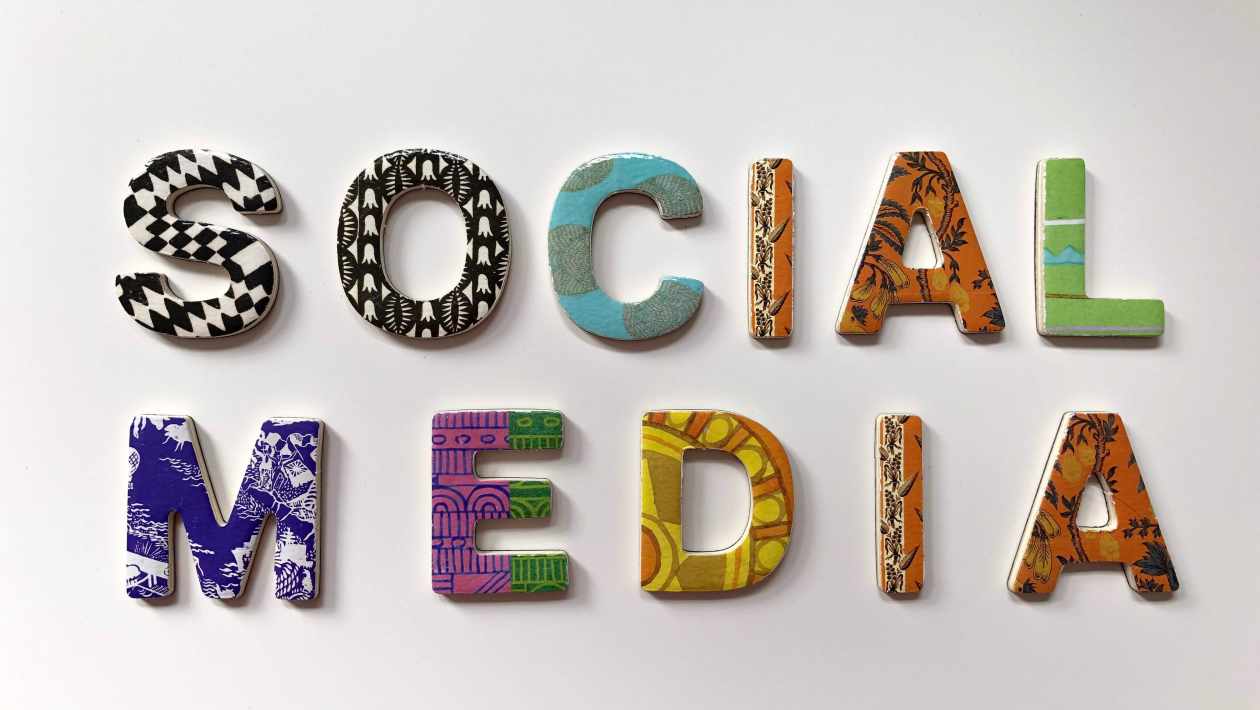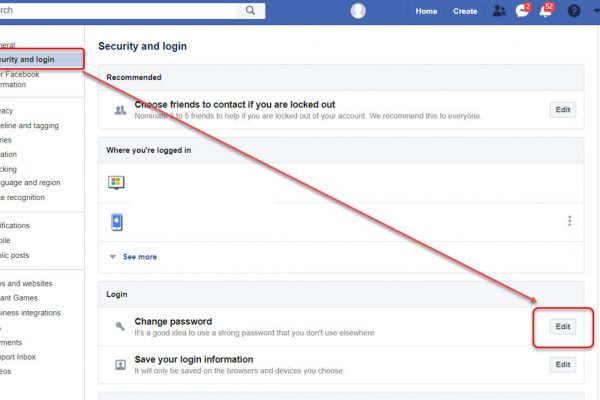5 Ways to Prevent Your Social Media from Being Hacked-
It’s not just your computer that malicious hackers can attack. Your social media accounts, such as Twitter, Facebook and even WhatsApp, are also in danger of being hacked. A malicious actor may want to hack your social media account for a number of different reasons, such as:
- To steal your personal information: An account can provide hackers with valuable information about you. They can learn your birthday, address, credit card, and other financial information, which could be used to commit identity theft or payment fraud against you. Your social media also may have sensitive information such as your home address or a work address that could be useful for unsavory types of people who want to cause harm to you in any way that they wish.
- To scam others out of money or steal their identities: A malicious hacker may want to hack into your social media accounts so they can use it as a tool to spread malware and phishing emails that serve malware (malicious programs), keystroke loggers, etc.
- To direct traffic from their website: Some malicious hackers want to get your social media account so that they can direct traffic from their own website(s) to the webpage owned by them.
- To use your social media account to spread malicious links and build up followers for themselves: Some malicious hackers want to use your account as a “tool” to build followers. They may send out links that they know are infected with malware and try to get you, your friends, and family members to click on it, which will infect their computer(s) with the malware in question
- To conduct social engineering attacks against you: Your social media account can be used by hackers conducting phishing and social-engineering scams; because of the information they know about you from reading your updates (or through hacking into your other online accounts), they’re able to make their attacks seem more legitimate
Table of Contents
How do Social Media Accounts Get Hacked?
Social media accounts often get hacked in one way or another. The most common hacking methods used to hack social media accounts are described below:
- Keylogging: Keylogging is a form of computer spying that can be used by malicious hackers, such as identity thieves, to steal your online credentials. A keylogger program is installed on the victim’s computer without their knowledge; this keylogger then records literally every keystroke the user makes. The logged information is then sent over the Internet to a server controlled by the attacker, who has access to all of the victims’ sensitive data.
- Website Hijacking: Website hijacking occurs when someone hacks into a website and redirects it from its original domain name (e.g., www.myblog.com) to somewhere else (e.g., www.anysite.com). When a victim types in the address for myblog.com into their browser, it automatically redirects them to anysite.com instead of taking them to the “correct” webpage they were trying to reach
- Phishing: Phishing is a type of fraud that takes place when an attacker uses social engineering techniques in an attempt to trick you or someone you know into revealing important information (such as usernames and passwords), clicking on malicious links, or downloading malware that can infect your computer(s). It is one of the most used cyber attack techniques.
Those are three ways people’s social media accounts can be hacked; however, those aren’t the only methods hackers may choose if they want to hack your social media account. People are constantly finding innovative ways daily to compromise other people’s accounts
How you can prevent Your Social Media Accounts from Being Hacked
It’s good practice to keep all of your online accounts secure. Still, you must take the necessary steps to ensure that your social media accounts are protected from being hacked. Here we have collected five things that you should do to stay safe online and prevent social media to avoid having someone hack into your social networking accounts:
-
Limit Your Personal Information Online
One of the most dangerous things you can do online is to post personal information like your mother’s maiden name, pet names, and where you went to school, or even the place where you live. The bad thing about these details is that they are usually asked for when registering on a site, putting in a credit card number, logging into an account through a mobile device, etc. These pieces of information are easy for someone to get access to and use them against you. So what should you do? Limit the amount of personal information you publish on your social media profiles. In most cases, it isn’t even necessary to have them published.
-
Use a Unique Password for Each Account
While some people say that using the same password for multiple websites and services is convenient, it’s also very risky. If one site has a security breach, and hackers get their hands on your username and password, then they have access to all of your online accounts, including social media accounts. You might think you’re being smart by having unique passwords throughout the web, but if you forget one of them, you’ll have trouble logging into anything until you change them all back to what they were originally (which defeats the purpose).
-
Use 2-Factor Authentication
Two-factor authentication is a 2nd security checkpoint that asks for a secondary piece of information (something you have) in order to log in. This can be done through text message confirmation, phone calls, or even one-time use passwords sent to your email address when logging into an account. The extra level of security makes it harder for someone else to break into your account without knowing the 2nd verification step.
Also, if they do get a hold of your password, they won’t be able to log in without these additional steps. Using 2FA is also necessary even when getting services from reputable platforms like EssayWritingLab. It will ensure that no malicious characters can access your confidential info.
-
Be Careful Where You Log In
Every computer is a new environment and can be a haven for viruses. Be cautious where you log in to your social media accounts as well as other sensitive information (like banking). Your home internet connection might be safe, but public Wi-Fi connections have been known to steal passwords and hold them for ransom. This is why it’s best not to log in on an open network at all if possible. It would also help if you don’t use public networks.
Always try to use a secured wireless connection rather than using public networks, which are usually targets of attackers trying to intercept your data. If you absolutely must check email or do anything else online and don’t trust the security of the public network, make sure that you’re logged out of any sensitive websites before logging into those accounts. There are also powerful free VPN services you may want to use to conceal your identity.
-
Don’t Post Personal Information in your Stories
Always be careful about the information you share online. This may sound like a no-brainer, but it’s easy to get careless with what you post on social media and blogs. Remember that anyone who stumbles across your blog or sees things you’ve posted in chat rooms/forums can easily find out where you work or live, which could lead to some very dangerous situations for yourself and your loved ones.
The bottom line
A social media account can be used to harm a lot of people, such as your friends and family. Don’t take it lightly, but do everything you can to prevent your social media accounts and safe from harm.





